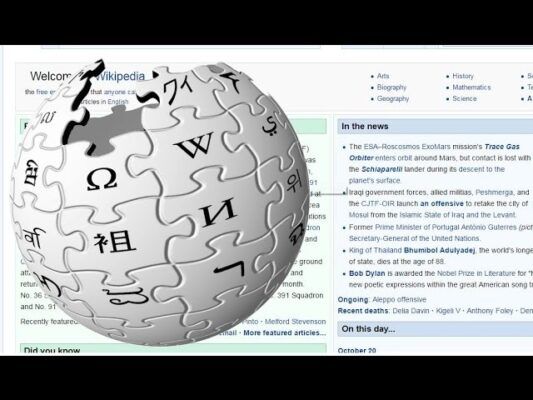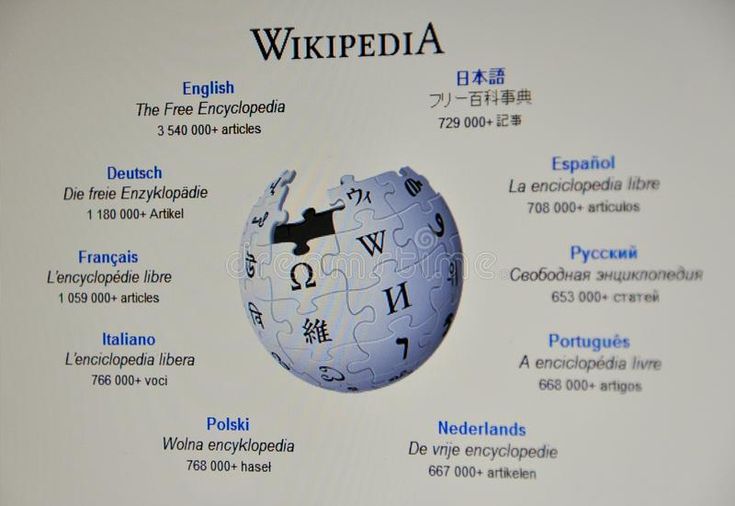Table of Contents
ToggleWikipedia Embraces AI: Enhancing, Not Replacing, Human Volunteers

Wikipedia
Wikipedia, the world’s largest free online encyclopedia, has always relied on the dedication of human volunteers to create and maintain its vast repository of knowledge. Recently, Wikipedia’s parent organization, the Wikimedia Foundation, announced plans to integrate artificial intelligence (AI) into its editing and moderation processes. However, they have made it clear that AI will not replace human contributors. Instead, AI will serve as a tool to assist editors, improve accuracy, and streamline workflows.
This move reflects a growing trend across many industries where AI is being used to augment human capabilities rather than eliminate human roles. For Wikipedia, the goal is to enhance efficiency while preserving the collaborative spirit that has made the platform so successful.
How Wikipedia Plans to Use AI
Wikipedia’s integration of AI is designed to support editors in several key ways:
1. Detecting Vandalism and Bad-Faith Edits
One of Wikipedia’s biggest challenges is combating vandalism—malicious edits that introduce false information, spam, or offensive content. Human moderators do an excellent job of reverting such changes, but with millions of edits per month, some slip through.
AI can help by automatically flagging suspicious edits in real time. Machine learning models can analyze patterns in edits, such as sudden changes to high-profile pages or the insertion of unverified claims. This allows human moderators to review and act faster, maintaining the integrity of Wikipedia’s content.
2. Improving Citation Accuracy
Wikipedia’s credibility depends on reliable citations. However, ensuring that every statement is properly sourced is a monumental task. AI can assist by scanning articles for unsupported claims and suggesting relevant sources. It can also detect when citations are outdated or come from questionable sources, prompting human editors to verify or replace them.
3. Reducing Bias and Improving Neutrality
Wikipedia strives for a neutral point of view (NPOV), but bias—whether intentional or unconscious—can creep into articles. AI tools can analyze language for signs of bias, such as emotionally charged words or one-sided arguments, and suggest more balanced phrasing. Human editors will still make the final judgment, but AI can serve as an additional checkpoint
4. Automating Repetitive Tasks
Many Wikipedia editing tasks are repetitive, such as formatting, categorizing articles, or fixing broken links. AI can handle these routine jobs, freeing up human volunteers to focus on more complex contributions, like writing new content or resolving editorial disputes
5. Language Translation and Expansion

Language Translation and Expansion
Wikipedia exists in hundreds of languages, but many non-English versions have far fewer articles. AI-powered translation tools can help bridge this gap by translating high-quality articles from one language to another. Human editors will still review these translations for accuracy and cultural relevance, ensuring they meet Wikipedia’s standards.
Why AI Won’t Replace Human Editors
Despite AI’s potential, Wikipedia remains committed to human-led collaboration. Here’s why AI is a helper, not a replacement:
Context and Nuance Matter
AI can process vast amounts of data, but it struggles with context, subtlety, and cultural nuances. Wikipedia articles often deal with complex topics where wording and perspective are crucial. Human editors bring critical thinking and judgment that AI cannot replicate.
2. Ethical and Interpretive Decisions
Many Wikipedia decisions involve ethical considerations—such as how to cover controversial topics or handle biographies of living persons. These choices require human empathy and ethical reasoning, areas where AI lacks depth.
3. The Human Touch in Collaboration
Wikipedia thrives on community discussions, consensus-building, and peer review. AI can’t participate in debates, mediate conflicts, or understand the social dynamics that shape Wikipedia’s content. Human interaction is essential for maintaining the platform’s collaborative nature.
4. AI’s Limitations in Creativity
While AI can assist with fact-checking and formatting, it doesn’t excel at original research or creative content structuring. Human editors bring unique insights, storytelling skills, and the ability to synthesize information in engaging ways.
Challenges and Concerns
While AI offers many benefits, its integration into Wikipedia isn’t without challenges:
1. Over-Reliance on AI
There’s a risk that editors might become too dependent on AI tools, potentially overlooking errors that the AI misses. Maintaining a balance between automation and human oversight is crucial.
2. Algorithmic Bias
AI models can inherit biases from their training data. If Wikipedia’s AI tools are not carefully designed, they might inadvertently reinforce existing biases in content moderation or citation suggestions. Continuous monitoring and adjustment will be necessary.
3. Resistance from the Community
Some Wikipedia volunteers may be skeptical of AI, fearing it could undermine the human-driven ethos of the platform. Clear communication and gradual implementation will be key to gaining their trust.
The Future of Wikipedia with AI

The Future of Wikipedia with AI
Wikipedia’s adoption of AI marks an evolution, not a revolution. The platform’s core principles—open collaboration, verifiability, and neutrality—remain unchanged. AI is simply a new tool to help volunteers work more effectively.
Looking ahead, we can expect:
- More efficient moderation with faster detection of vandalism.
- Higher-quality articles thanks to better citation and bias-checking tools.
- Greater accessibility as AI aids in translation and content expansion.
- A stronger community as human editors focus on meaningful contributions.
Conclusion
Wikipedia’s decision to embrace AI while keeping humans at the center is a smart and sustainable approach. AI can handle tedious tasks, detect errors, and provide suggestions, but the essence of Wikipedia—its collaborative, human-driven nature—will always remain.
By leveraging AI responsibly, Wikipedia can continue to grow as a trusted source of knowledge while staying true to its mission: empowering people to share information freely and accurately. The future of Wikipedia isn’t about machines taking over; it’s about humans and AI working together to build a better encyclopedia for everyone.





